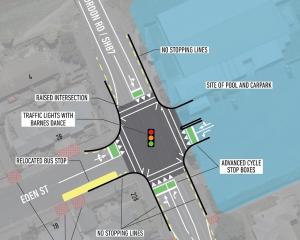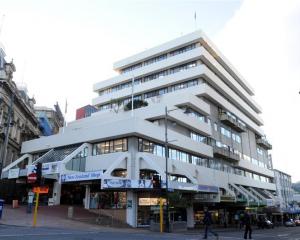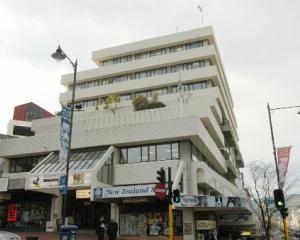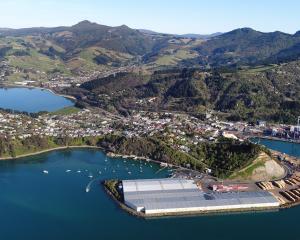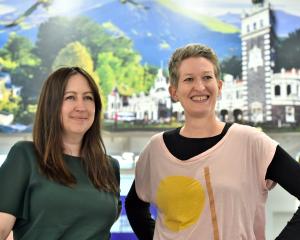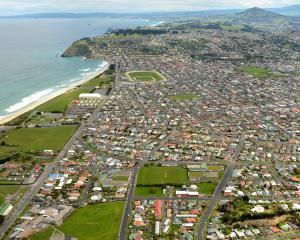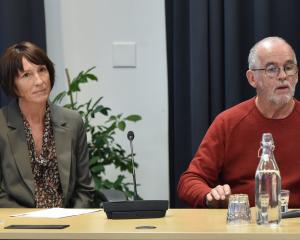Figures released yesterday showed the council has pumped more than $2.36 million in grants into 186 Dunedin companies between 2005 and 2010, covering marketing costs, trips abroad, rates relief and research funding bids.
The money came from council funding streams established to support Dunedin businesses, and administered by the council's economic development unit.
An analysis of the companies' performances - based on final reports prepared six months after each received funding - was released by the council yesterday.
It said 416 jobs had been created, and $44 million worth of sales generated, as a result of council funding between 2005 and 2010.
The council had spent a further $1 million in the last two years supporting companies through the industry project fund, although a detailed analysis of the impact of that spending was not yet available, economic development unit manager Peter Harris said.
A further 100 jobs were expected to be added to the tally of 416 when figures for the 2010-11 financial year were included, along with more than $8.5 million in sales over the next three years, the figures showed.
Council finance, strategy and development committee chairman Cr Syd Brown said the results were a "very satisfying vindication" of the council's business support programme.
It was the first time such a detailed breakdown had been released.
Similar information had previously been made available to councillors only in non-public meetings, because of the material's commercially sensitive nature.
Mr Harris told the Otago Daily Times the increased transparency showed what was being done to help Dunedin's business.
Yesterday's release included a more "generic" version of a report to last month's finance committee meeting, with commercially sensitive information about company projects removed, he said.
Further reports would be made public every six months, he said.
Yesterday's report showed the council budgeted $1.04 million for business support in 2010-11, of which $499,840 had been distributed by February 28, with further funding to be confirmed within weeks.
The city's burgeoning cluster of information and communication technology (ICT) and biotech companies were the single biggest recipients, together securing just over half of the available funding so far this financial year.
That reflected the number of start-up companies in the sector and their active approach when searching for assistance, he said.
In most cases, the council's grants covered an agreed amount up to 50% of a company's costs, with companies paying initially and then being reimbursed by the council.
The reimbursement came in two stages, with 80% of agreed funding provided once receipts were presented to the council, but the remaining 20% dependent on their six-month reports.
Mr Harris also acknowledged there were difficulties determining just how successful council funding had been.
Council analysis in many cases ended after the six-month reports, but results achieved with the help of council funds - such as a contract obtained by attending an international trade show - could take longer to emerge, he said.
There was a limit to how many times the council could approach a company for information about how a grant had helped.
"We've got to close it off at some stage ... We've got to be here to help these businesses, not hassle them," he said.
While quantifying success could be difficult, Mr Harris was confident the council was backing some winners.
"On the whole, I think that most of the companies we've backed are still alive, and some of them are doing pretty well."


